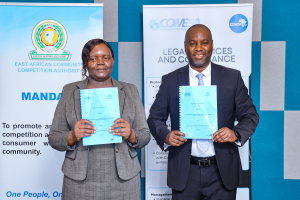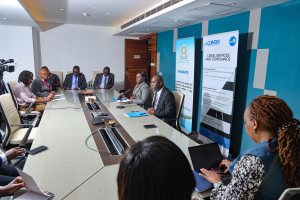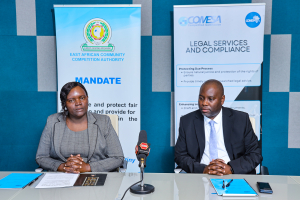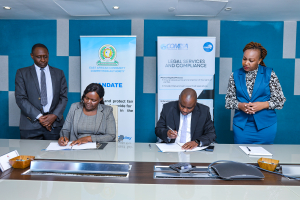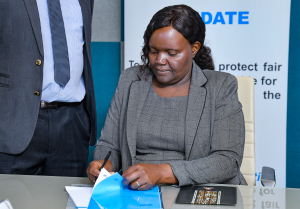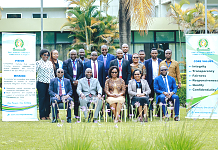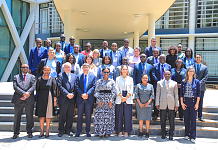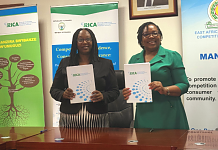On 10 June 2025, the Common Market for Eastern and Southern Africa (“COMESA”) Competition
Commission (“CCC”) and the East African Community (“EAC”) Competition Authority (“EACCA”) signed
a Memorandum of Understanding (“MOU”) to strengthen cooperation between the two agencies in the
advancement of competition enforcement aimed at protecting competitive market outcomes in the
region.
CCC, a regional competition and consumer protection agency was established by the COMESA
Competition Regulations of 2004 while EACCA, an institution of the EAC, was established by the EAC
Competition Act, 2006. The CCC regulates competition and consumer protection matters in twenty-one
(21) COMESA Member States while EACCA exercises the same mandate in eight (8) Partner States.
Six (6) of the Partner States of the EAC have membership in COMESA. The MOU sets out modalities
through which the two regional agencies will cooperate and coordinate their activities in regard to cross-
border competition and consumer protection enforcement, among other matters.
The two institutions have thus noted the need to collaborate closely to enhance cross border regulation
of competition and consumer protection matters. The MOU facilitates information sharing particularly
during joint investigations, which shall be prioritized so as to safeguard the competition process and
protect consumers in the region. Further, the MOU seeks to address potential duplication in
enforcement, thereby creating certainty and predictability in the market. The MOU also provides for
cooperation and coordination in carrying out market inquiries and studies, technical assistance and
capacity building. During the signing ceremony, the two institutions recognized their already existing
collaboration in these areas which shall be strengthened by the MOU. Further, the MOU signed today
seeks to, among others, enable the two institutions to undertake joint advocacy and awareness activities
to sensitise stakeholders about the benefits of competition and consumer protection which will
ultimately impact and benefit the region.
Under the MoU, the two agencies have set up focal points tasked with coordinating and monitoring
implementation of the prioritized activities through annual work plans. The two institutions have also
committed to review various complementary regulations and guidelines to ensure they are fit for
purpose.

